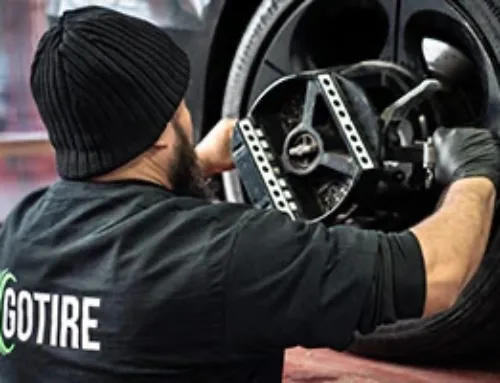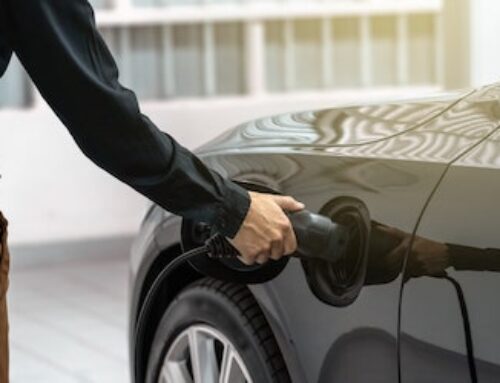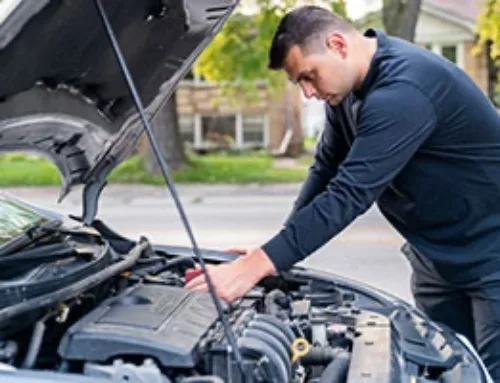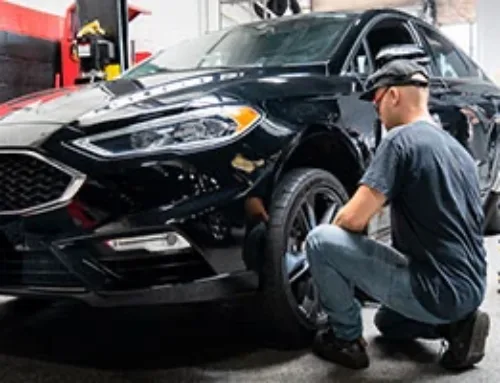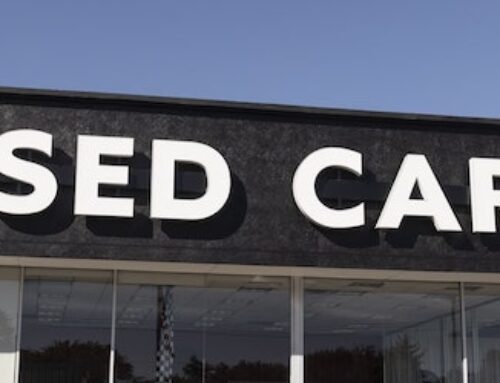Table of Contents
Fuel economy is an essential part of everyday driving that impacts your wallet and the environment. The connection between regular maintenance and fuel efficiency is often overlooked, but you’ll find that it’s a vital part of the equation. We will delve into the nitty-gritty of how to improve fuel economy through regular maintenance, helping you drive more efficiently and saving you money on fuel.
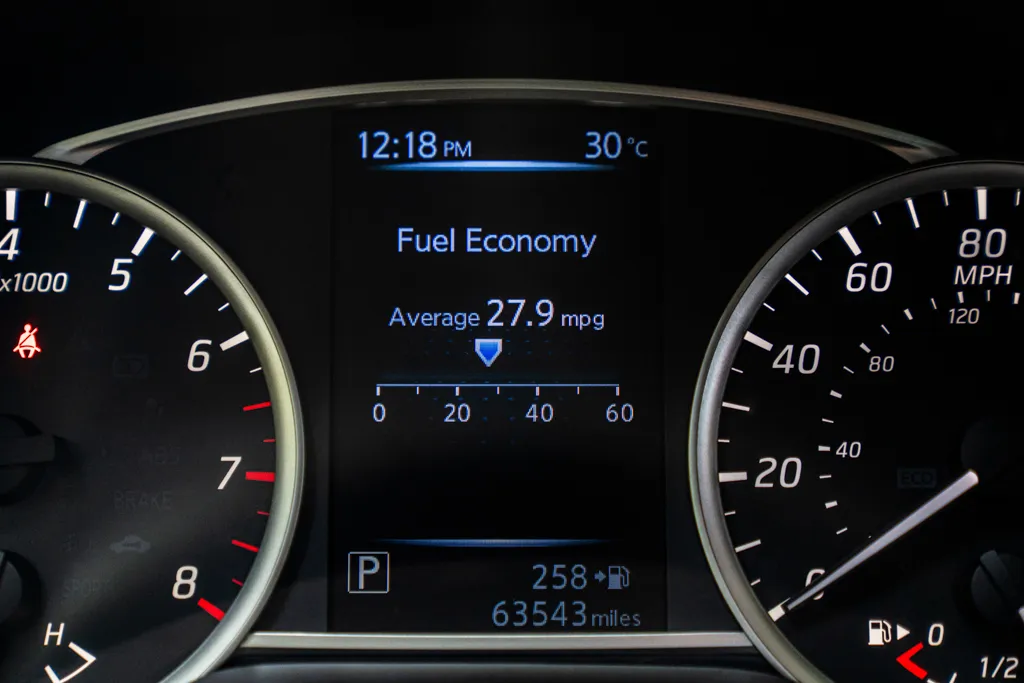
Understanding fuel efficiency
Let’s look at what fuel economy is. Simply put, fuel economy refers to the distance a vehicle can travel per unit of fuel consumed, otherwise known as your gas mileage. It’s usually measured in miles per gallon (MPG) or kilometers per liter. The higher your MPG, the better the fuel efficiency. Fuel economy matters for a couple of reasons. It directly affects how much of your hard-earned cash you spend on fuel, and it also impacts the environment. Cars with better gas mileage have fewer greenhouse gas emissions, helping the environment.
The importance of regular maintenance
When it comes to upping your gas mileage, most people think of the speed they drive and the terrain they’re driving on as the most important factors, but keeping your car well-maintained will significantly enhance its fuel efficiency. Let’s break down these tasks and understand their impact on your vehicle’s fuel economy.
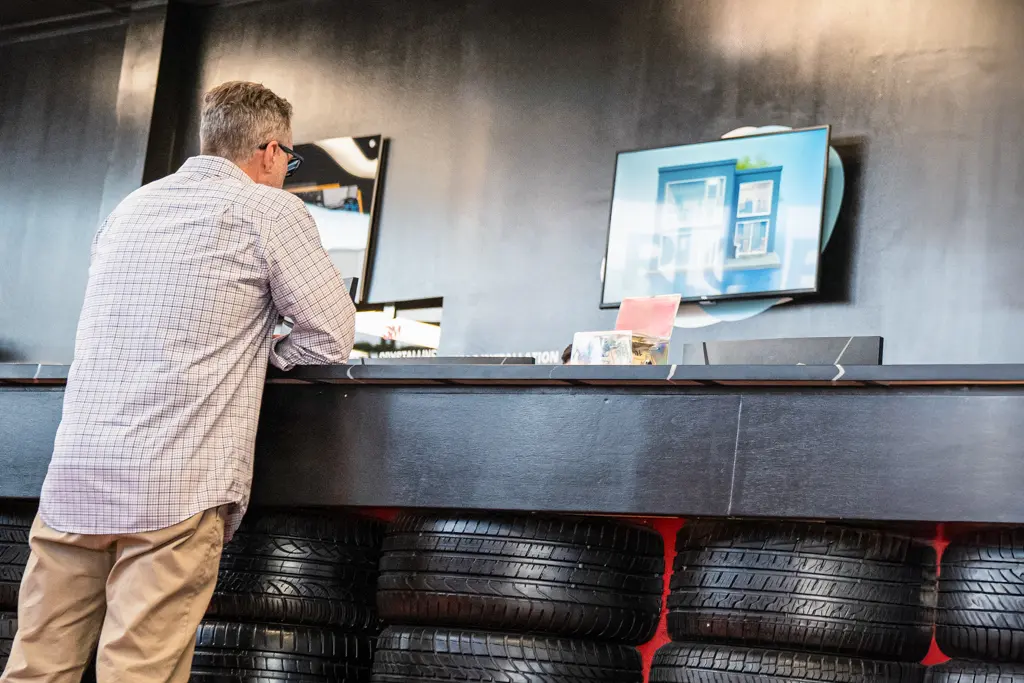
Proper tire pressure
Having the wrong tire pressure can really reduce fuel efficiency. When your tire air pressure is outside the recommended range, your engine has to work harder to move the car. This increased effort translates to higher fuel consumption. So keeping your tires at the recommended pressure will help reduce fuel consumption. We recommend you check your tire pressure at least once a month and before long trips. Remember, your air pressure can fluctuate with temperature changes, so adjust accordingly. If you don’t live near a gas station with air pressure gauges, you can invest in a good quality air pressure gauge to check your pressure at home. As well as your air pressure, you should also make sure your tires are regularly aligned, as this will also have an impact on your fuel efficiency.
Brake system maintenance
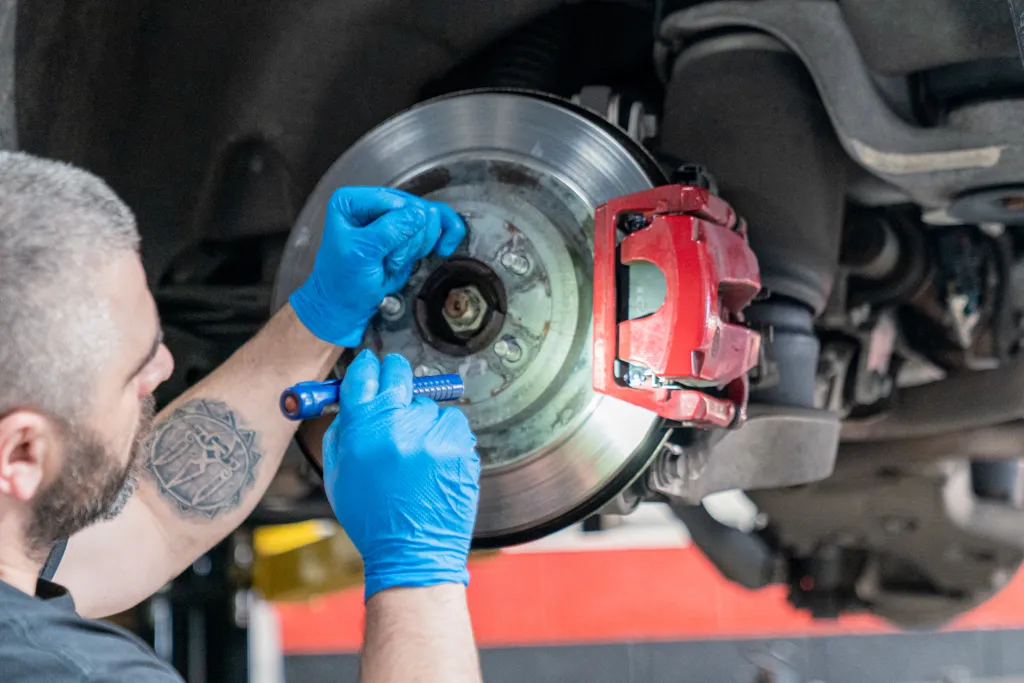
Keeping your brakes in tip-top condition isn’t just important for safety; it also contributes to better fuel economy. Dragging brakes will create resistance, making your engine work harder, which will reduce fuel economy. Regular brake inspections will help identify issues so they can be fixed before they impact your gas mileage. And if you notice any signs of brake trouble, such as squeaking, grinding, or decreased stopping power, get your brakes checked immediately.
Letting your engine breathe
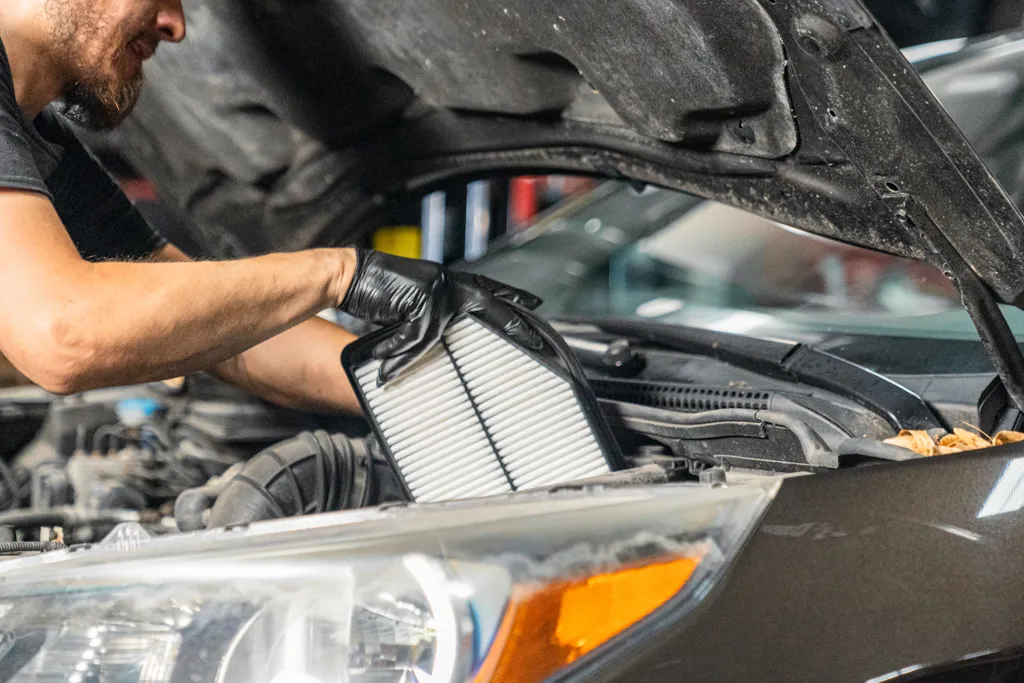
Your engine needs to breathe to function efficiently, and a clean air filter ensures it gets the clean air it needs. Over time, the engine air filter can become clogged with dust and debris, especially in dry and dusty climates. This blockage forces your engine to work harder, which will reduce fuel economy. Check your engine air filter every oil change, and replace it more often if necessary, especially if you live somewhere very dusty.
Fuel filter changes
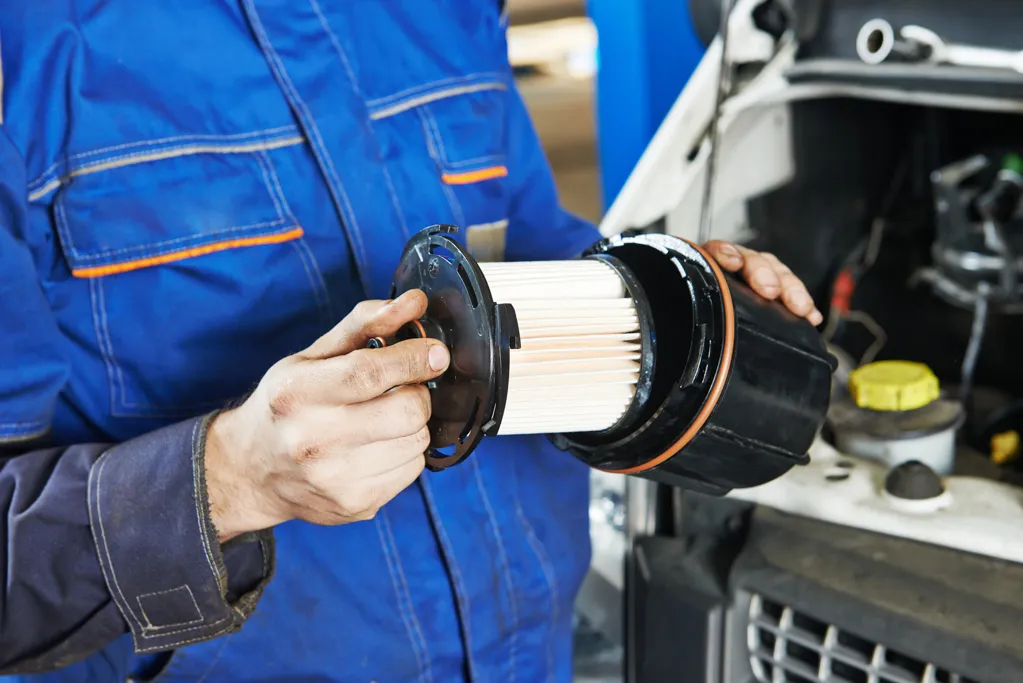
The fuel filter, though often overlooked, is important for a fuel-efficient car. It keeps impurities from clogging your engine, ensuring efficient fuel combustion. A clogged fuel filter can decrease fuel economy. You don’t need to replace your fuel filter as often as many other maintenance tasks, but it’s still essential to check it as part of your regular maintenance schedule.
Replace spark plugs
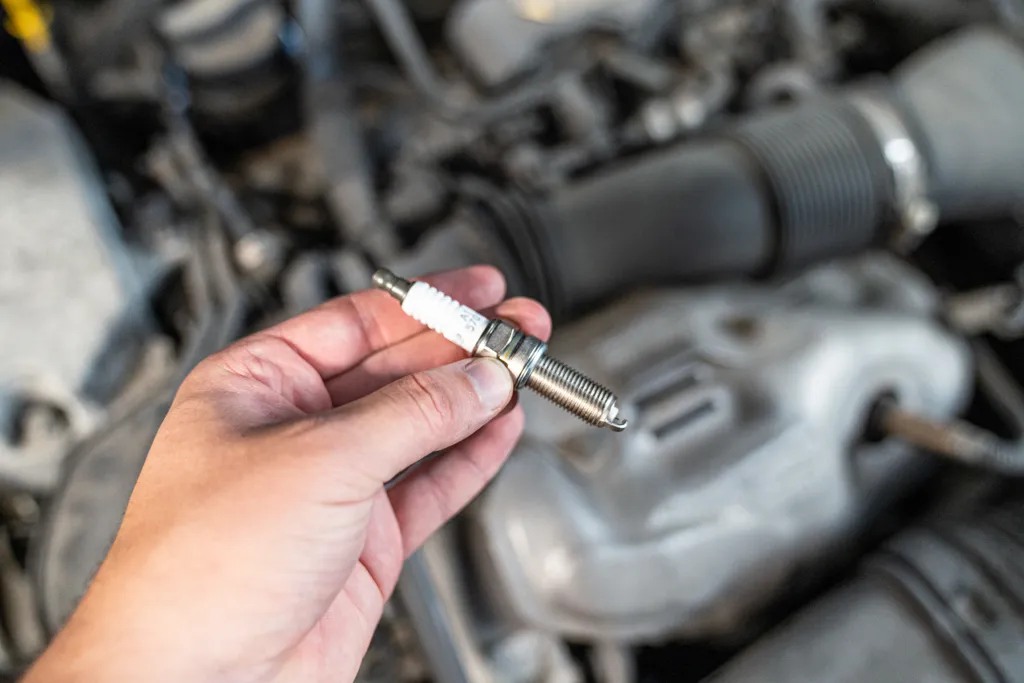
Modern engines are highly efficient, but this makes them far more sensitive to the condition of the spark plugs. As they wear out, they can cause misfires, poor combustion, and, consequently, decrease fuel efficiency. If you notice issues with your engine idling or starting or an increase in fuel usage, get your spark plugs checked out.
Your regular maintenance schedule: a checklist
Now that we understand the importance of these maintenance tasks, here’s your maintenance schedule checklist:
- Check your tire pressure at least once a month and get your tires aligned and balanced as part of your regular service.
- Schedule regular brake inspections every 10,000 miles or when you do an oil change.
- Make air filter checks a part of your oil change routine. You should change them at least every 12,000 – 15,000 miles or more often in dusty environments.
- Your fuel filter needs to be changed every 20,000 – 60,000 miles, but get it checked during your regular service and oil change.
- Spark plugs only need to be changed every 20,000 – 60,000 miles if all is going well, but if you notice symptoms like rough idling, difficulty starting your car, or decreased performance, it might be time to replace them.
Frequently Asked Questions
What should you do to increase fuel economy?
To increase fuel economy, you should maintain your car properly and drive efficiently. Keep your tires inflated to the recommended pressure, as under-inflated tires can cause your engine to work harder and consume more fuel. Regularly check and replace your air and fuel filters to ensure your engine is working properly. Maintain your brake system to avoid any unnecessary resistance that could lead to increased fuel consumption. Also, keep an eye on your spark plugs, as worn or dirty ones can lead to poor combustion and increased fuel use. As well as car maintenance, you should also try to drive more efficiently, avoiding rapid acceleration and deceleration, and try to keep your speed steady. Another thing you can do is to remove excess junk from your car. The more weight your car’s engine has to move, the more gas you’ll use.
Can you improve your mpg?
Yes, you can improve your miles per gallon (mpg) with a few simple steps. Firstly, keep your car well-maintained and have a regular maintenance schedule – ensure your tires are properly inflated, your air and fuel filters are clean, your brake system is in good shape, and your spark plugs are functioning well. These factors all contribute to the efficiency of your engine and can significantly improve your mpg. Your driving habits can also help you save fuel. Try to avoid rapid acceleration and braking, maintain a steady speed (not too fast), and reduce unnecessary weight in your car. Using cruise control can help with keeping a steady speed. Only using your air conditioning when you have to will also help with improving gas mileage.
Why is my fuel economy so bad?
There may be several reasons for your fuel economy being worse than expected. One common culprit is under-inflated tires, which increase rolling resistance and make your engine work harder, consuming more gas. Dirty or clogged air and fuel filters can also affect your engine performance, making it work harder and use more gas. Worn or dirty spark plugs can lead to inefficient combustion, while a malfunctioning brake system can create unnecessary resistance. Another reason could be aggressive driving habits like rapid acceleration, braking, and traveling at high speeds. Using cruise control can help you maintain more efficient speeds. Carrying unnecessary weight can also negatively impact your fuel economy, so empty your trunk. If you’re unsure of the reason, it’s a good idea to get your car checked by a professional to identify and address any potential issues.
What makes a vehicle more fuel efficient?
Several factors will make a vehicle more fuel-efficient. Firstly, regular vehicle maintenance, including keeping your tires properly inflated, ensuring your air and fuel filters are clean, maintaining your brake system, and checking your spark plugs, can all improve fuel efficiency. Secondly, the vehicle’s design and weight play a significant role—lighter vehicles with aerodynamic designs are usually more efficient. Lastly, your driving habits can also make a big difference – smoother acceleration and braking, maintaining a steady speed, and reducing idle time can all contribute to better fuel efficiency.


